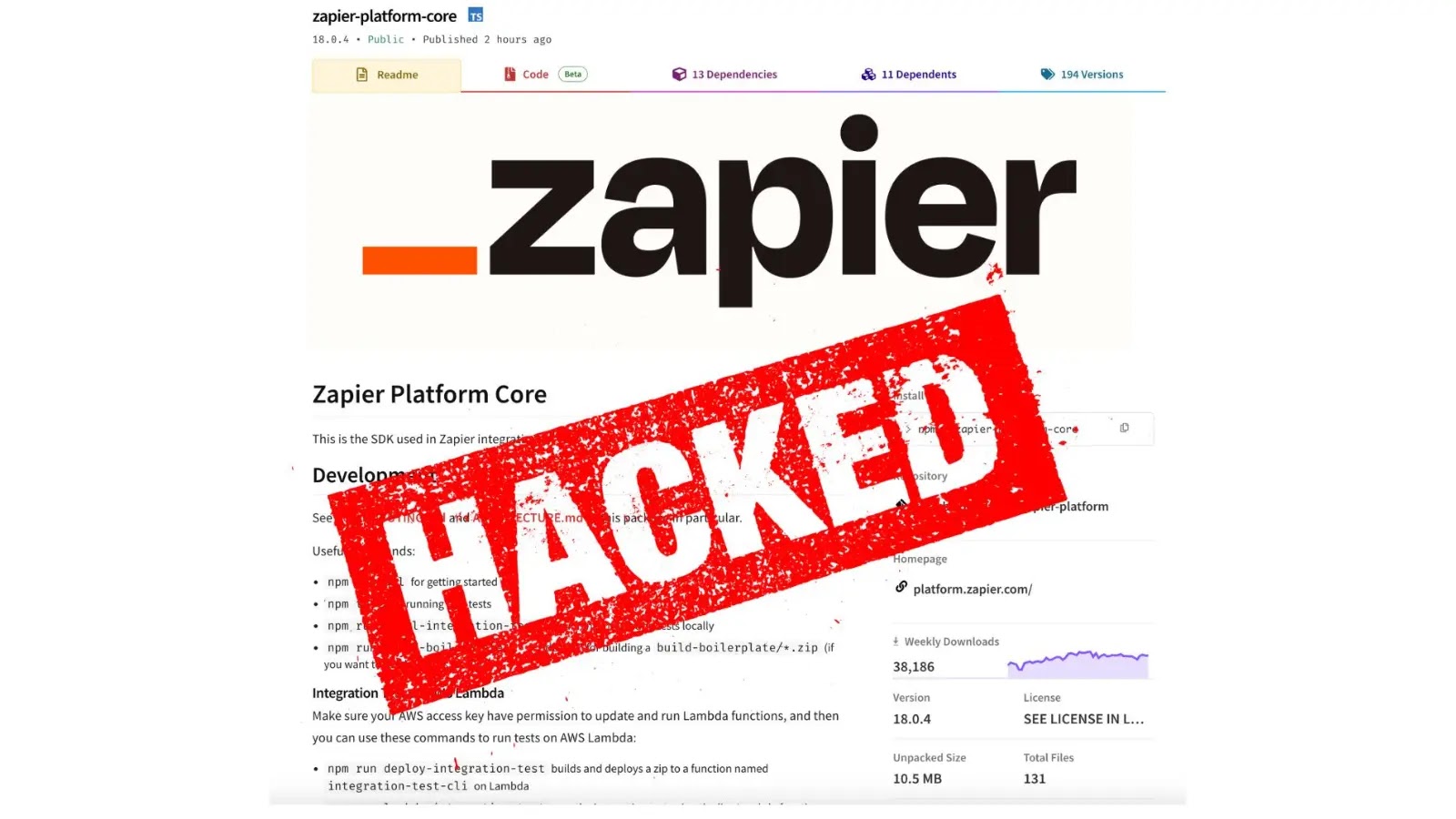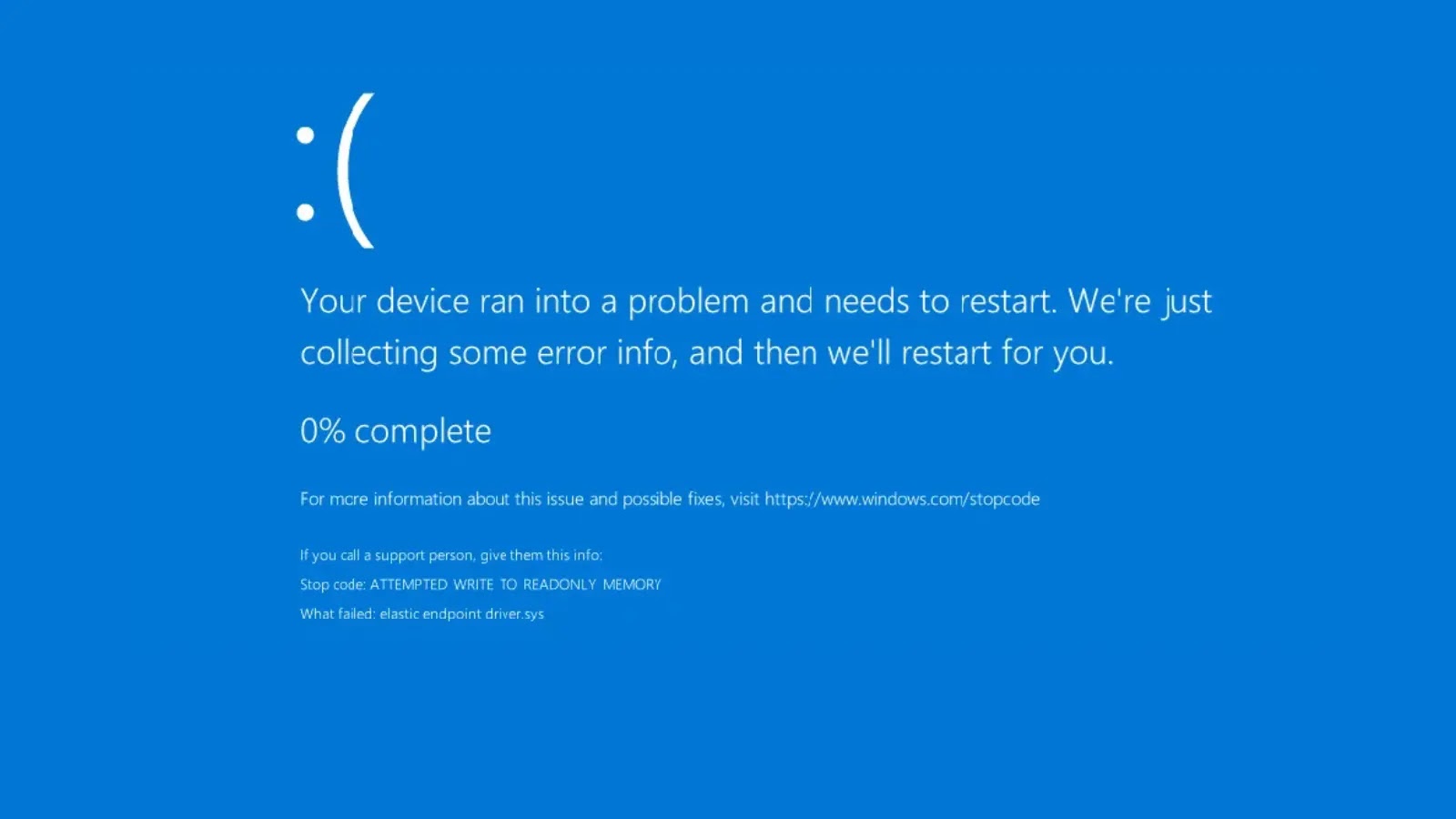Cybersecurity researchers have identified a sophisticated cryptojacking campaign, designated as JINX-0132, that targets publicly accessible DevOps web servers, including Docker, Gitea, HashiCorp Consul, and Nomad. The attackers exploit known misconfigurations and vulnerabilities within these platforms to deploy cryptocurrency mining payloads, effectively hijacking computational resources for illicit financial gain.
Exploitation of DevOps Platforms
The campaign’s modus operandi involves leveraging specific weaknesses in various DevOps tools:
– Docker: Attackers exploit misconfigured Docker API instances, allowing them to execute malicious code by initiating containers that mount the host file system or by deploying cryptocurrency mining images through standard Docker endpoints.
– Gitea: By taking advantage of vulnerabilities such as CVE-2020-14144, or misconfigurations like an unlocked installation page (INSTALL_LOCK=false), attackers gain initial access. This access enables them to execute remote code, facilitating the deployment of mining software.
– HashiCorp Consul: If improperly configured, Consul permits remote users to register services and define health checks that include bash commands. Attackers exploit this by adding malicious checks that execute mining software, thereby compromising the system.
– Nomad: The campaign marks the first documented instance of Nomad misconfigurations being exploited in the wild. Attackers create new jobs on compromised hosts via the publicly exposed Nomad server API, downloading and executing the XMRig miner payload from GitHub. Nomad’s default configuration lacks security measures, allowing unrestricted access to the server API, which equates to remote code execution capabilities on the server and all connected nodes.
Utilization of Off-the-Shelf Tools
A distinctive aspect of JINX-0132 is the use of publicly available tools from GitHub for staging and deployment, rather than relying on proprietary infrastructure. This strategy complicates attribution efforts and underscores the attackers’ resourcefulness in leveraging existing tools to achieve their objectives.
Implications and Recommendations
The exploitation of these DevOps platforms highlights the critical need for organizations to secure their development and operations environments. To mitigate such threats, it is imperative to:
– Regularly Audit Configurations: Ensure that all DevOps tools are configured securely, adhering to best practices to prevent unauthorized access.
– Apply Security Patches Promptly: Keep all software up to date with the latest security patches to close known vulnerabilities.
– Monitor for Unauthorized Activities: Implement robust monitoring to detect and respond to suspicious activities promptly.
By proactively addressing these areas, organizations can fortify their defenses against cryptojacking campaigns and safeguard their computational resources from unauthorized exploitation.



